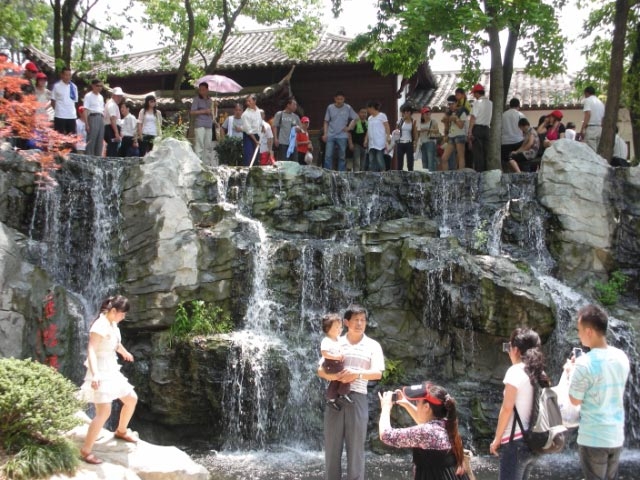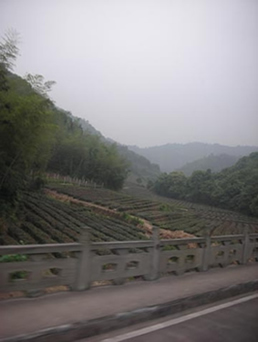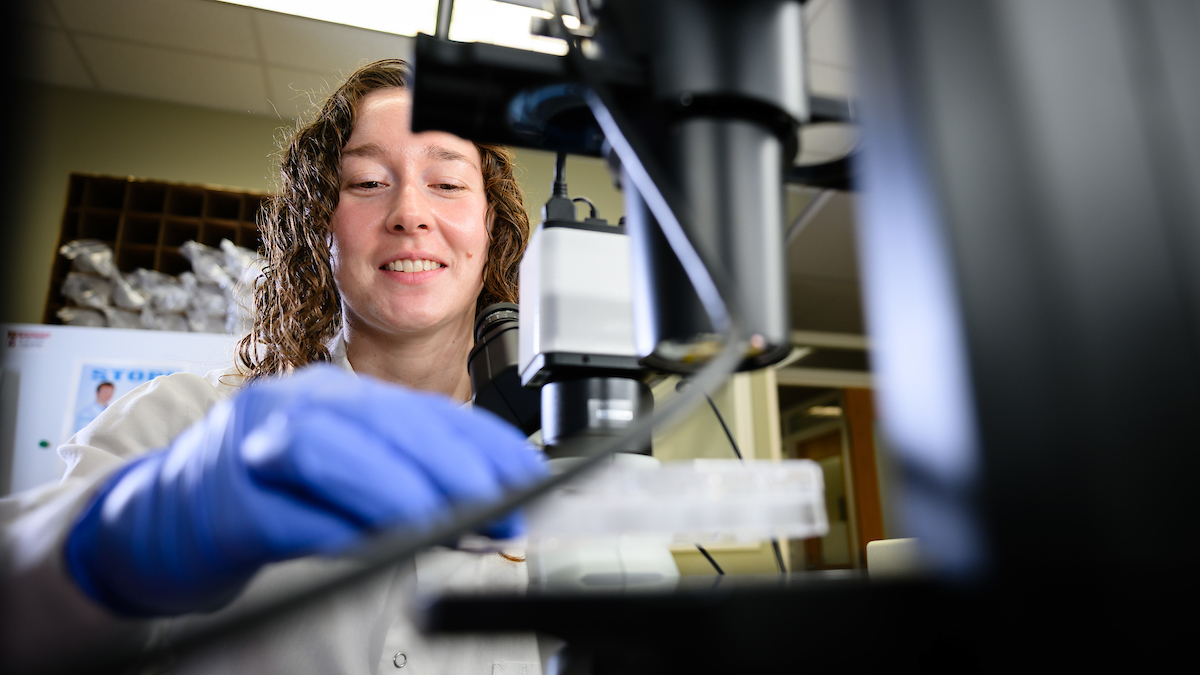Animal Acupuncture at Zhejiang University

[section_subtitle] Hangzhou, China [/section_subtitle]
The overall two week experience was very interesting and informative as well as well thought out and well organized. The faculty at Zhejiang University arranged for pick up and drop off of the student group at the airport making the travel portion of the trip very easy and manageable. Once in Hangzhou we were given a tour of the university grounds and an orientation session. Class materials were provided in the form of a bound set of course notes. They were very well put together and comprehensive and required very little additional annotation during class time which allowed us to focus on the lectures. Dr. Hu was also thoughtful enough to provide us with the power points at the end of the course for our future reference. The information presented in the course was good as a basic introduction to acupuncture technique and the medical theory associated with it. Dr. Hu did a wonderful job of explaining the medical theory that led to the acupuncture technique and how they were used in combination to reach a diagnosis and treat the problem.

The program was a unique experience in many ways. Within a two week period the group of us went from having little to no knowledge or experience with acupuncture to being handed asked to locate and place a needle into a specific point in a live animal. The course also included cultural experiences so we could learn and place our newfound knowledge in the larger perspective of the culture that generated and still uses the techniques. It was useful and fascinating to see both the historical background via museums and the current usage of traditional Chinese medicine in hospitals and herbal dispensaries. It was also useful to talk to the local people and learn about the traditions that help fuel the continued use and development of acupuncture as a treatment option. The cultural experiences were also useful as they showed that traditional Chinese medicine is not static as many westerners assume. They are aware of the limitations of the practice and have developed new methods as well as incorporating western techniques and medicines into traditional Chinese medicine practice.
Overall the experience was very positive and I would recommend it to any veterinary professional even if they do not have the intention of practicing acupuncture. It is a growing area in veterinary medicine with increasing use in the United States and other western nations. The course gave me a much better grasp and understanding of what exactly acupuncture is used for and what the benefits or drawbacks might be so that in the future I will be better able to make recommendations for patients and to counsel owners.


